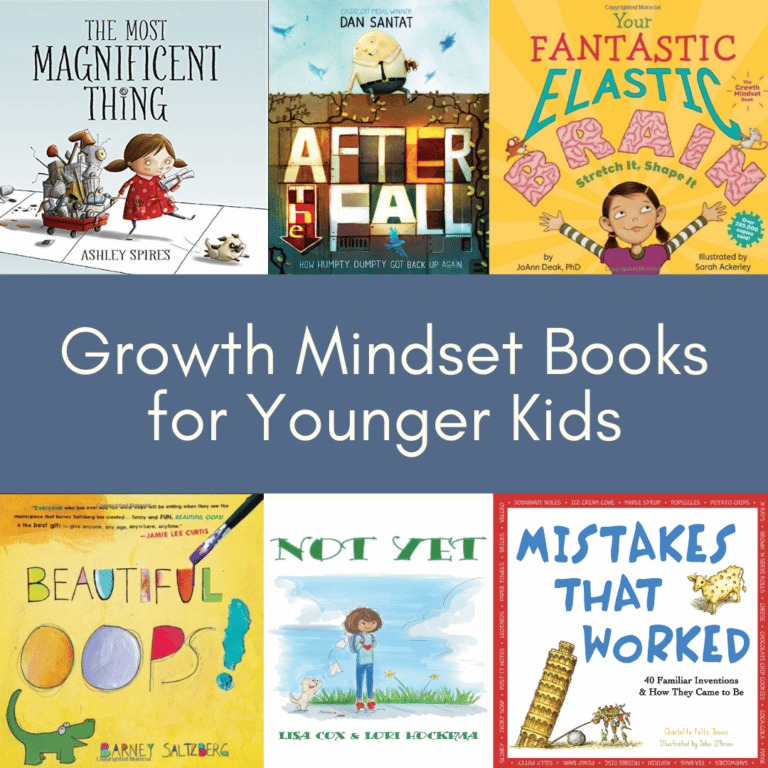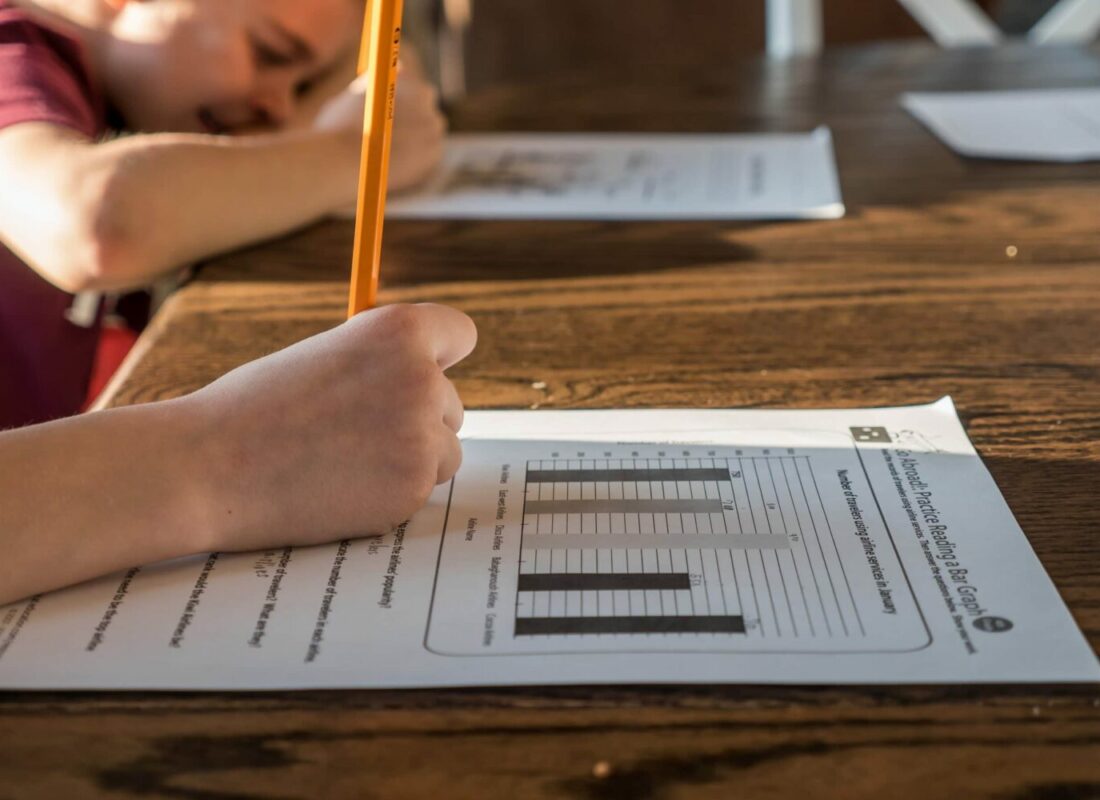How to support teens and tweens to become better students (by Lucy Parsons)
Guest post by Lucy Parsons
 We all want our children to make the most of their education. However, when you watch a teenager diligently putting hours into their revision only to be rewarded with less than remarkable grades or you get increasingly frustrated as you watch your teen fritter away hours on their phone whilst only putting minimal effort into their studies, it’s not easy knowing what to do.
We all want our children to make the most of their education. However, when you watch a teenager diligently putting hours into their revision only to be rewarded with less than remarkable grades or you get increasingly frustrated as you watch your teen fritter away hours on their phone whilst only putting minimal effort into their studies, it’s not easy knowing what to do.
As a parent you feel helpless, frustrated and at a loss about how to help. You know you should be taking a leadership role, showing them how to study effectively so that their education opens doors for them for the rest of their lives. But how do you do it?
Talk to them
When everyone is calm and happy (not in the heat of the moment when you’re trying to get homework done, cook the evening meal and deal with urgently washing the P.E. kit) talk to your teen or tween about what’s working and what isn’t in their homework routine. However, don’t start with telling them what you think is going wrong. Ask them what they think is going well and what isn’t going so well and move the discussion on to solutions from there.
Establish a routine
Habits and routines are fundamental to success. Good habits are behaviour patterns that support success and they are entrenched through routine. Talk to your teen or tween about how they would like to design their homework routine. However, the routine isn’t just about homework. It’s about achieving a balanced life. Get your child to prioritise their interests and leisure activities and make sure they can fit in the things that they most value. If they’re able to enjoy themselves as a reward for their studies, they’ll be more likely to stick with the routine.
Identify distractions
Again, get your teen to identify the biggest distractions to their studies. I’d guess that the top three are their phone, gaming and some equivalent of Netflix. Instead of nagging them about putting their phone down, get them to identify ways that they can manage these distractions. If they’re at a loss, suggest things like putting the phone outside the room while they’re studying, or using the timer on their phone to time focused study sessions of 25-45 minutes.
Collect feedback
When your child gets feedback on their work, sit with them to read the feedback and read through the work again to identify why the feedback is relevant and talk about how they could have improved their work. Teachers pour hours into marking and there’s a goldmine of information in their comments about how your child can progress. Making a habit of studying and implementing these comments will lead to faster improvement throughout your child’s life.
Encourage their interests
When your child shows a strong interest in something that they’re studying at school make an effort to encourage that interest. It could be as simple as talking to them about it. You could look it up on the internet with them, take them to the library to get some books on the subject or even plan a day trip that will bring the subject even more to life for them. The key thing here is actively showing your child that you’re interested in what they’re learning and that you care about how much effort they put into their studies.
By showing your interest, support and concern for your child’s achievement at school whilst helping them to take responsibility for their own studies you will decrease the stress of school work and exam season. Couple this with setting up the good habits outlined in this post and engaging your child in conversation that encourages reflection on their performance will, over time, help your child develop into a better student. If you’ve got any comments or questions please leave them below and I’ll be sure to reply.

This post contains affiliate links (see Disclosure Notice for more details).





Leave a Reply